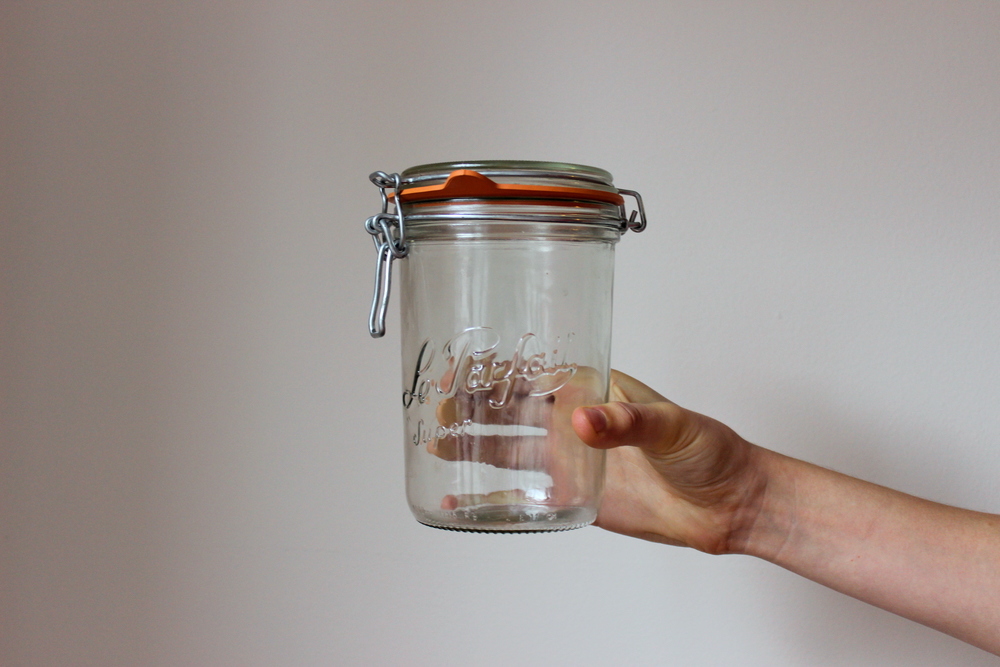Why Aren't We Talking About These 4 Individual Actions That Could Fight Climate Change Better Than Anything Else?

If you've ever doubted the difference that individual lifestyle choices can make on the environment, then this groundbreaking study will have you thinking again.
Published earlier this week in the journal Environmental Research Letters, the study by researchers from Sweden's Lund University outlines the individual choices that have a high potential to reduce GHG emissions and keep temperature rise under the 2 °C mark.
The researchers analysed 148 scenarios of the climate impact of individual behaviours in ten individual countries and identified four recommended actions could substantially reduce an individual's carbon footprint: having fewer children, living car free, eating a plant-based diet, and avoiding air travel. All these solutions, the study says, are more effective in reducing carbon emissions than comprehensive recycling or using energy efficient lightbulbs at home, commonly precribed strategies to curbing carbon emissions.
The best lifestyle solutions to reduce climate change. Seth Wynes & Kimberly Nicholas, 2017/Environmental Research Letters
On average, having one less child saves 59 tonnes of CO2 per year, is 295 times more effective than regularly recycling, and 590 times more effective than switching lightbulbs. Living car-free represents a saving of 2.4 tonnes of CO2 equivalent annually, while eating a plant-based diet saves 0.8 tonnes of CO2 equivalent. Avoiding transatlantic flights saves 1.6 tonnes of CO2 equivalent.
None of these actions, however, are mentioned as potential solutions to the environmental problem by high school science textbooks and government guides in Australia, Canada and the US. Acknowledging that these are deeply personal lifestyle choices, study author Kimberley Nicholas also notes the positive impact they could have on the climate, empowering individuals, especially adolescents, to make better decisions.






